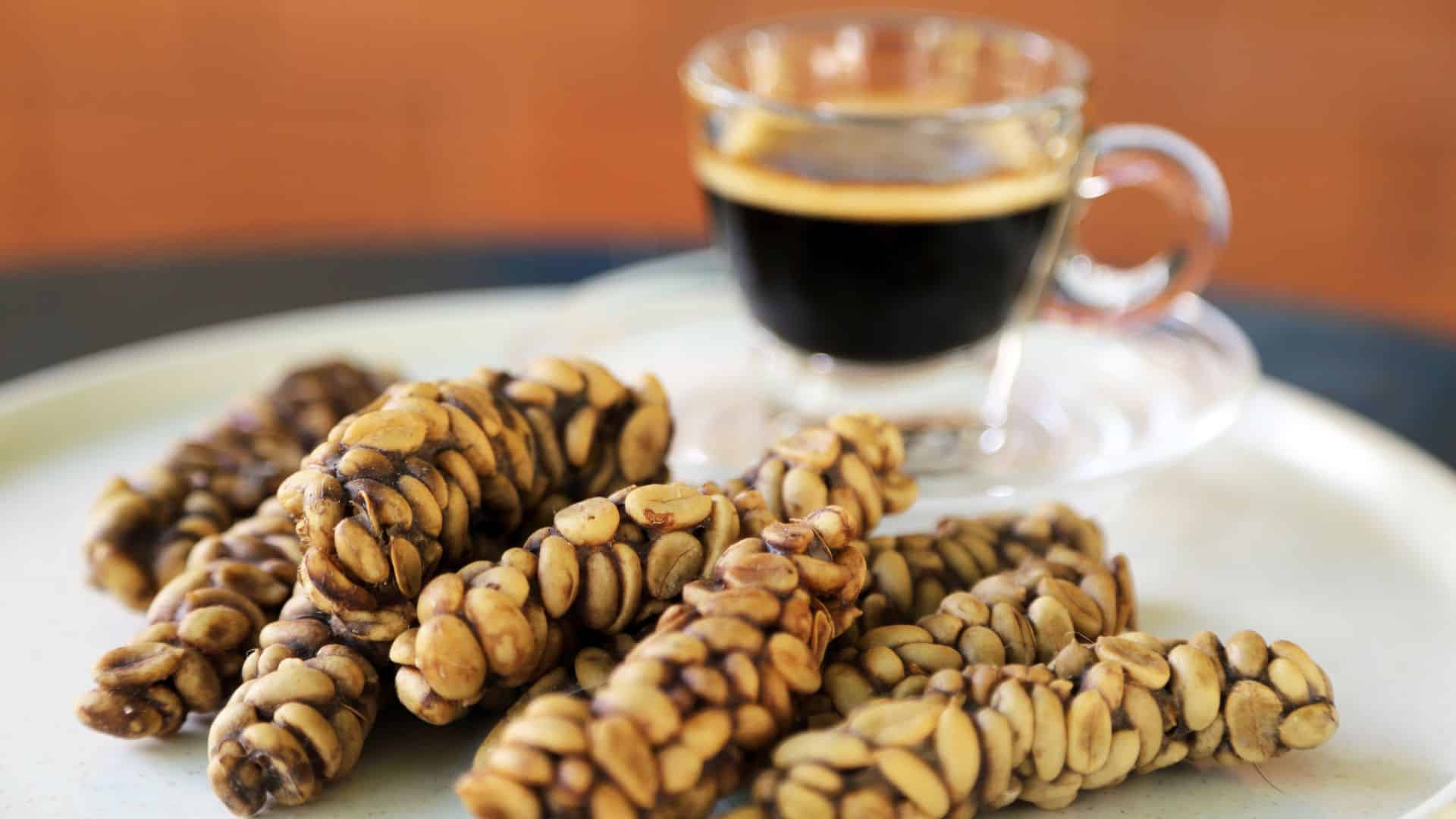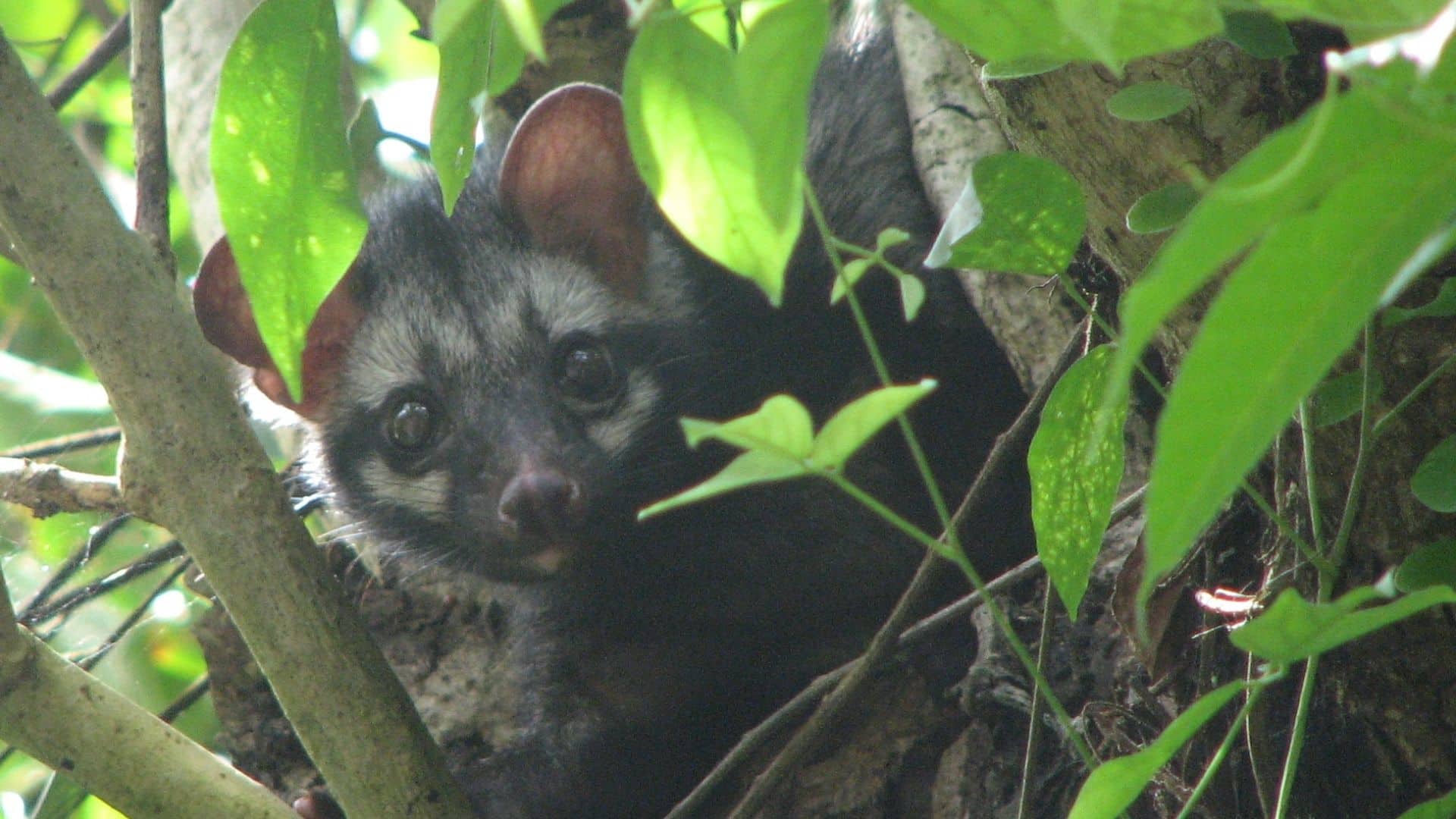
Kopi Luwak, often dubbed “civet coffee,” is one of the world’s most unique and expensive coffee varieties, famed for its unusual production method involving the Asian palm civet. This coffee’s journey from bean to cup is truly extraordinary, passing through the digestive tract of a cat-like mammal before it’s ever roasted.
Unique Digestive Fermentation Process

Kopi Luwak’s production hinges on coffee beans consumed and excreted by Asian palm civets. During their digestive journey, natural enzymes break down specific proteins within the beans. This internal fermentation is believed to reduce bitterness and alter the bean’s chemical makeup, contributing to a smoother, less acidic brew, a core aspect of civet coffee’s unique taste.
Natural Selection of Ripe Cherries

Traditionally, wild civets instinctively choose only the ripest, most perfect coffee cherries to ingest. This natural, discerning selection process is thought to contribute significantly to the superior quality of the beans used for authentic Kopi Luwak. The civet essentially acts as a natural quality control expert in the coffee harvesting process.
Distinctive Flavor Profile & Aroma

Enthusiasts often describe Kopi Luwak’s flavor as exceptionally smooth, with notably low acidity. Connoisseurs report hints of chocolate, caramel, and an earthy aroma, often praising its rich body and lack of bitterness. This unique sensory experience is a primary draw for those willing to pay the high civet coffee price.
Exorbitant Price Tag & Rarity

Due to its unconventional, labor-intensive collection, Kopi Luwak remains one of the most expensive coffees in the world. Prices can soar to hundreds of dollars per pound or cup, establishing it as a luxury beverage. Its rarity and the peculiar story behind its creation significantly drive up the cost, making it a status symbol.
Severe Ethical Concerns Over Caging

A major controversy surrounding civet coffee ethics is the widespread practice of caging civets. To meet global demand for Kopi Luwak, many civets are cruelly confined in small, unsanitary cages and force-fed coffee cherries. This inhumane treatment leads to severe stress, malnutrition, and illness, highlighting serious animal welfare issues.
Wild-Sourced Claims Are Often Misleading

The high value placed on “wild-sourced” Kopi Luwak frequently leads to fraudulent labeling. Investigations reveal that many producers claiming their coffee comes from free-roaming civets are sourcing from caged animals. Verifying truly ethical, wild collection remains incredibly challenging for consumers interested in sustainable civet coffee.
Detrimental Impact on Civet Welfare

Caged civets suffer immensely. Confined animals are often fed an unnatural, coffee-heavy diet, detrimental to their health, causing malnutrition, skin problems, and significant physiological distress from excessive caffeine. This exploitation for commercial gain raises serious questions about the animal cruelty inherent in much of the civet coffee production.
Debate Over Actual Taste Superiority

Despite its legendary status and price, some coffee experts and professional tasters (Q-graders) argue that Kopi Luwak isn’t objectively the best-tasting coffee. They contend its unique flavor might be exaggerated, or less complex than other high-quality, ethically processed specialty coffees, suggesting the novelty outweighs actual sensory excellence.
The Unique Quest for Flavor

Kopi Luwak represents a remarkable chapter in coffee’s diverse journey, showcasing nature’s unexpected role in flavor transformation.
